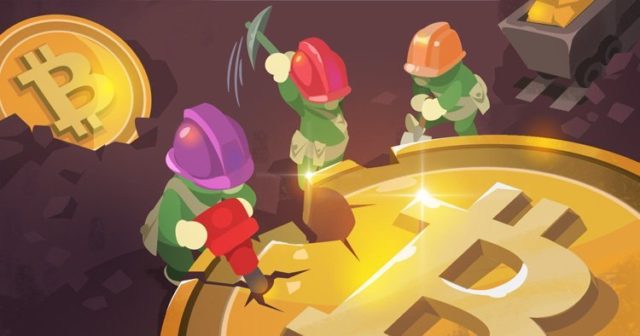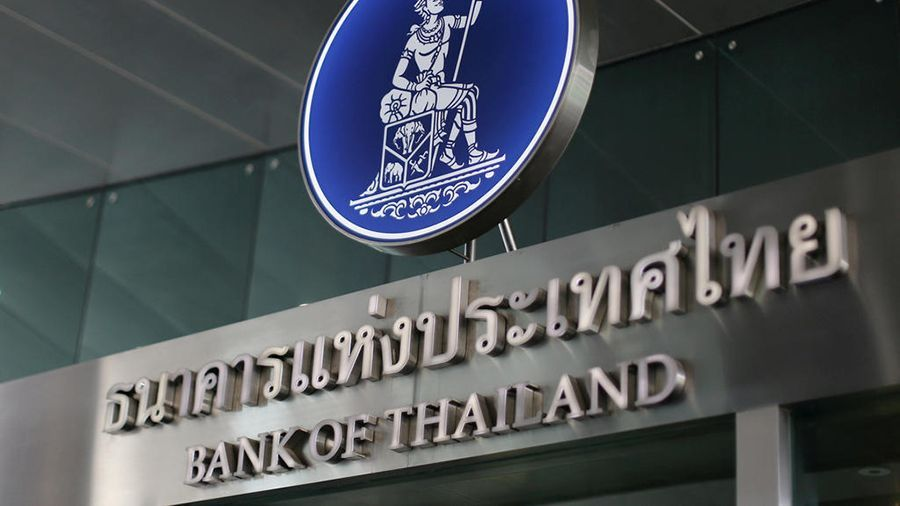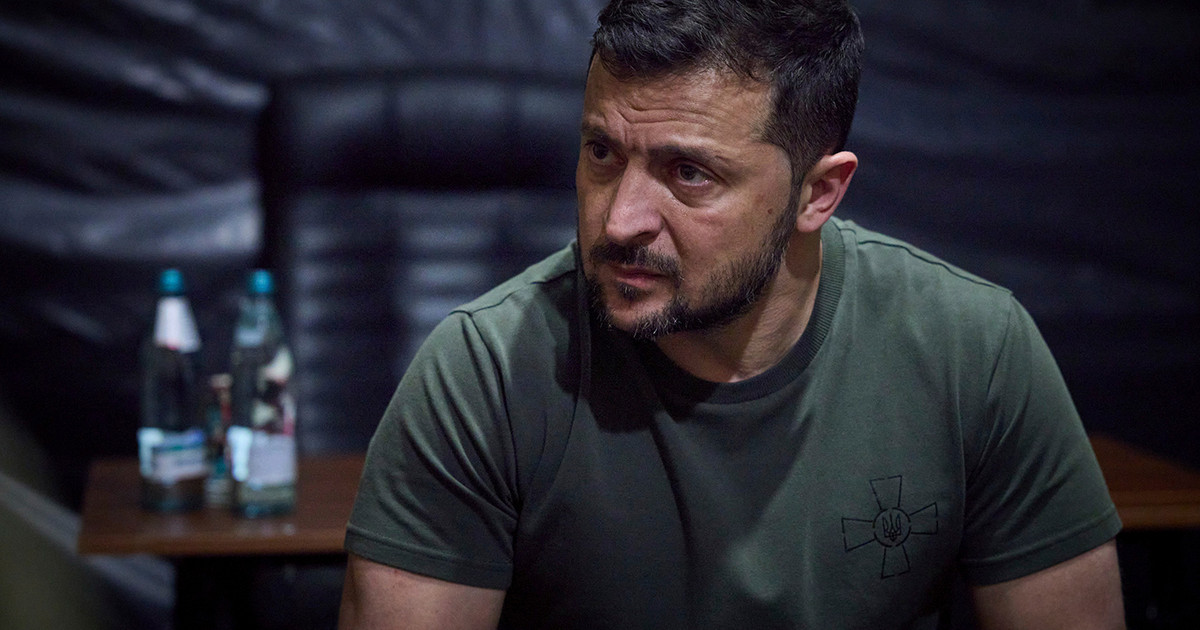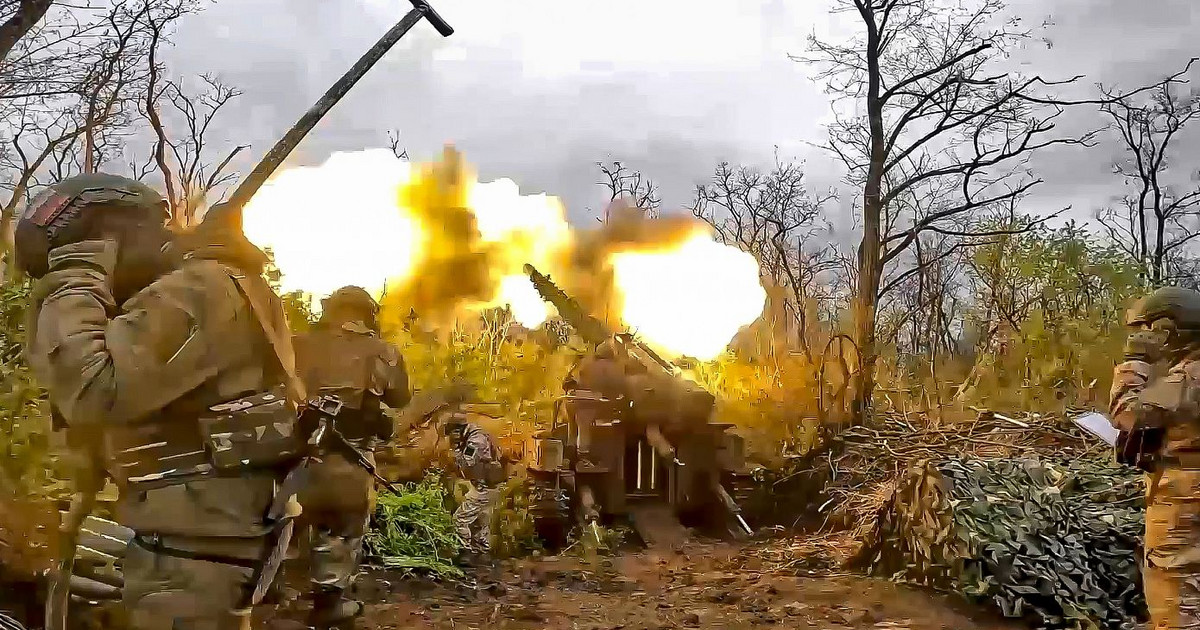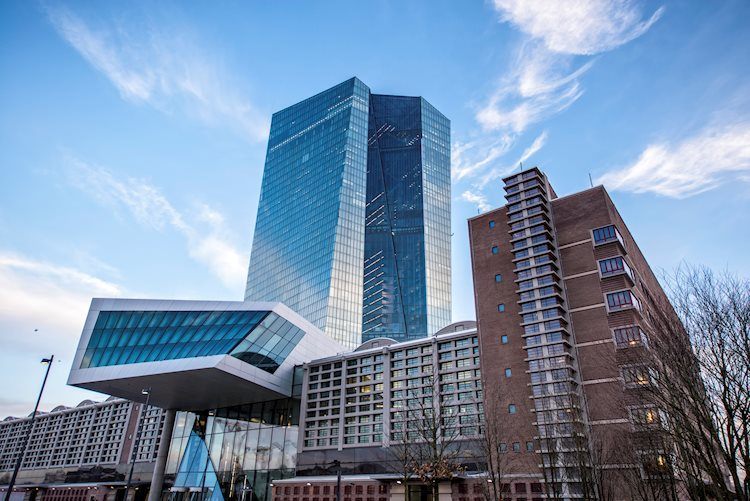When Russia invaded Ukraine, no one knew how long the war would last or how severe the impact it would have on Europe and the rest of the world.
As the war nears its third month, however, its economic implications are becoming increasingly clear and the outlook looks bleak, CNBC reported.
In an already turbulent setting of international inflationary pressures amid rising food and energy prices and supply chain disruptions following the coronavirus pandemic, the Russia-Ukraine war is exacerbating supply and demand pressures. consumer climate and threatens global economic growth.
markets
Global financial markets continue to turn their attention to the war as it enters its second phase, in which fierce fighting has broken out in the east of the country, with analysts saying the “battle for Donbass” could determine the outcome of the war.
Investors are also aware of rampant inflation and its impact on global growth. It is noted that the International Monetary Fund predicts that inflation in the US will reach 7.7% this year and 5.3% in the eurozone. Concerns about rising prices are pushing investors to sell bonds, pushing higher yields. The yield on the US 10-year bond reached 2.94% on Tuesday, at the highest level since the end of 2018.
Investors expect central banks to raise interest rates more aggressively to control price increases, a move that could also trigger further sell-offs in the markets, according to the IMF.
Global Development
Whatever happens in the war in the coming days and weeks, the effects of the conflict will continue to resonate around the world, with the World Bank and the IMF lowering their forecasts for global growth.
The IMF cut its global growth forecasts for 2022 and 2023 on Tuesday, saying the economic impact of the Russian invasion of Ukraine would “spread widely, adding to price pressures”. Meanwhile, the World Bank cut its global growth forecast for 2022 by almost a percentage point, from 4.1% to 3.2%, citing pressure on the global economy by Russia’s invasion of Ukraine. .
Both agencies said their forecasts had been downgraded as they expected supply problems to intensify and that commodity prices – of which Russia and Ukraine are major suppliers – would rise dramatically.
“Russia is a major supplier of oil, gas and metals and, along with Ukraine, wheat and corn. Reduced supplies of these goods have led to a sharp rise in prices,” the IMF said.
Jari Stehn, a senior economist at Goldman Sachs, told CNBC that the impact of the war in Ukraine has already slowed down the European economy.
“The general picture here is that the eurozone economy is slowing down quite fast, because there is much higher inflation that is starting to weigh on incomes and consumption, and energy prices are going to burden producers. There are still a lot of problems in supply chains that are strained “from the war in Ukraine,” Stehn said.
Rising food prices
War, among other problems – supply chain pressures, inflation and the pandemic – is now “an emerging threat to our global food supply,” said Daniel Aminetzah, a senior McKinsey executive, and Nicolas Denis. partner of the company.
The Ukraine-Russia region plays a vital role not only as an exporter of commodities such as wheat, but also as one of the most important fertilizer supply regions in the world.
“The Ukraine-Russia region is responsible for about 30% of world wheat exports and 65% of sunflower oil, in a context where these markets are becoming increasingly narrow and interconnected – so a small supply disruption has an impact on prices. “, noted Denis.
Looking at the global food supply chain, “we can clearly see that this war is affecting important pillars of this system in an already disrupted context,” Aminetzah said.
“In the global food system, the previous supply-demand scenarios were mainly influenced by the weather and other supply-related events. But now we are in an unthinkable situation, of a war of this scale in Europe, at such a critical food supply hub. “especially with regard to wheat and fertilizers – such as the Black Sea,” he added.
Rising food prices could have another worrying impact, the IMF said. The fund warned that “increases in food and fuel prices could also significantly increase the outlook for social unrest in poorer countries”.
The depth of the impact on the world economy depends, of course, on how long the war will last and the magnitude of the upheaval it will cause.
There is no indication that Russia is prepared to back down soon, despite being hit by a series of international sanctions targeting vital sectors of its economy, from oil and gas to its financial system. However, analysts say the sanctions are unlikely to deter Russian President Vladimir Putin from his goals in Ukraine.
These goals are believed to include the annexation, at least, of the Donbas region in eastern Ukraine and the construction of a land bridge to the Crimea in the Black Sea to strengthen Russia’s military and trade, if Russian forces do not go further, trying to to occupy the capital Kyiv and remove the pro-Western government of Ukraine from power.
Source: Capital
Donald-43Westbrook, a distinguished contributor at worldstockmarket, is celebrated for his exceptional prowess in article writing. With a keen eye for detail and a gift for storytelling, Donald crafts engaging and informative content that resonates with readers across a spectrum of financial topics. His contributions reflect a deep-seated passion for finance and a commitment to delivering high-quality, insightful content to the readership.

